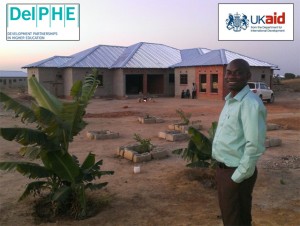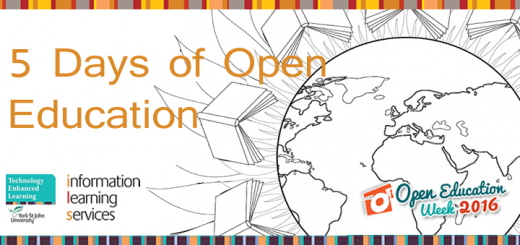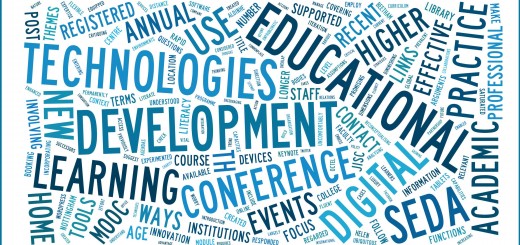Experiences of Moodle in Zambia, 2013
 A couple of weeks ago I was fortunate enough to be involved in a trip to Zambia in central Africa. This was my second and final visit as part of a DelPHE and British Council funded project.
A couple of weeks ago I was fortunate enough to be involved in a trip to Zambia in central Africa. This was my second and final visit as part of a DelPHE and British Council funded project.
The purpose of my visit was to work with academic colleagues at Nkrumah University in Kabwe in order to develop their use of Moodle (the same VLE system used at YSJU). In my first visit (Jan 2012) I introduced them to the Moodle interface and explored its capabilities. I also spent some time discussing strategic and practical deployment of the system to ensure appropriate use within the context of a developing country.
The second visit was intended to continue developing practical skills for using the content and activities options within Moodle. I used a well developed mock French for beginners course to model Moodle’s features and to engage the people I was working with in learning activities. The aim of this was to let them experience what it is like to use Moodle from a student’s perspective. Once this was done, I was then able to explore and demonstrate how to create these learning activities before handing over to the participants to give them a chance to use Moodle in the ‘tutor’ role. This pedagogic approach seemed to work well, but it was difficult to facilitate the practical elements of the session with so many attendees (30 per group) and with such a vast range of ability. However, people were able to see the benefits of activities such as e-submission of assignments and quizzes
Overall, the visit wasn’t an entire success due to technical issues related to Moodle being unavailable for a day and a half out of the 3 days I was there, which I believe is an ongoing concern. How endemic these stability issues are in relation to the Zambian Internet infrastructure, I am not sure. Therefore there is a longer term problem which Nkrumah needs to deal with if they wish for their VLE to be the catalyst for change in their pedagogic approach and for it to be embedded in their L&T activities. A system such as a VLE can only become embedded and sustainable if it is technically stable reliable. Otherwise, engagement of academic staff and students understandably wains and they will revert back to paper-based methods and the didactic chalk and talk style of teaching. In my view, for the change to be a success, the supporting system(s) must demonstrate:
- Stability – the system behaves consistently across a range of platforms and web browsers and over a range of internet speeds
- Availability – the system is reliably available on the internet for at least 99% of the time
and the following needs to be available
- Dedicated technical support for the local infrastructure and for ongoing maintenance of the systems
- Ongoing development and training opportunities
- Effective support via email, phone and in person


